Microsoft’s Connected Vehicle Platform boast a bevy of new service partners
3 min. read
Published on
Read our disclosure page to find out how can you help Windows Report sustain the editorial team. Read more
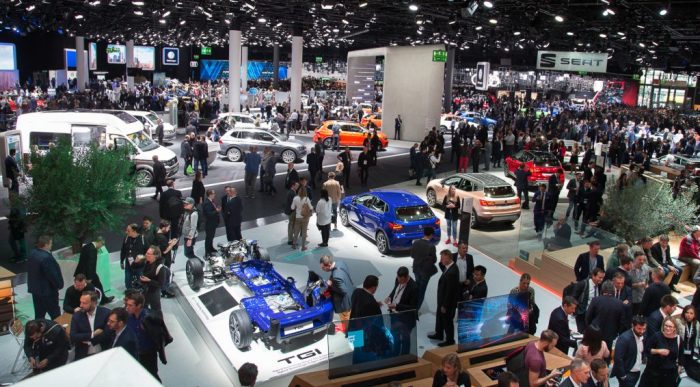
Despite Microsoft Auto Software never really reaching beyond its exclusive deal with Ford Motor Company, the company has pivoted and set its sites on a much broader automotive play that now includes buy-ins from the Volkswagen Group, Renault-Nissan-Mitsubishi Alliance and Iconiq.
Over the past handful of years, Microsoft’s presence in the in-dash infotainment arena has eroded as the company has embarked on a mission beyond being the part of the consumer-facing automotive experience but instead becoming the semi-standard cloud mesh service solution for car manufacturers and mobility-as-a-service providers.
A couple of days ago, Microsoft rolled out its evolving Connected Vehicle Platform (MCVP) at the Frankfurt Auto Show, IAA and the company offered up new details on the following “value-add” services automotive OEM’s can plug into their next vehicle designs:
- In-vehicle experiences
- Autonomous driving
- Advanced navigation
- Customer engagement and insights
- Telematics and prediction services
- Connectivity and over the air updates (OTA)
The aforementioned list is comprised of about 40 various Azure services tailored specifically for the automotive experience while delivering cloud functionality to vehicles such as over-the-air (OTA) updates and optimizations and two-way network connectivity, to name a few.
With MCVP, and an ecosystem of partners across the industry, Microsoft offers a consistent platform across all digital services. This includes vehicle provisioning, two-way network connectivity, continuous over-the-air updates of containerized functionality, support for command-and-control, hot, warm, or cold path for telematics, and extension hooks for customer or third-party differentiation. Being built on Azure, MCVP includes the hyper-scale, global availability, and regulatory compliance that comes as part of the Azure cloud. OEMs and fleet operators leverage MCVP as a way to “move up the stack” and focus on their customers rather than spend resources on non-differentiating infrastructure.
On showcase at IAA last week, Microsoft leveraged specific partnerships to highlight the new value-adds highlighting LG Electronics and Faurecia use of MCVO’s container-based runtime environments to create custom digital experiences for both the driver and passengers in a vehicle or cockpit.
Teraki and TomTom utilized similar containerized functionality to make use of Azure ML to leverage telemetry, video, 3D information, and other sensory data into feedback and context for mapping and vehicle performance.
TomTom and Telenav are among Microsoft partners who use MCVP’s in-vehicle computer architecture to provide diagnostics to create data-driven insights to drivers
As for actual driver engagement, Otonomo’s existing ecosystem is supporting MCVP for a secure transferring of driver data between the two services. On the vehicle side, DSA and WirelessCar are partnering to make state-of-the-art mobility services that help to close the “feedback loop between production facilities and field cars” while also expediting the eco-system development of OEM’s by making sense of telematics and prediction services.
Lastly, Cubic Telecom, Excelforce, and Tata Communications are partnering with MCVP to create a real-time connectivity window between infotainment service providers, car manufacturers and drivers utilizing deep integration, OTA updates and IoT connectivity capabilities.
Microsoft’s MCVP may not be as dazzling as getting the latest version of Spotify on an in-dash screen, but its play to position itself between car OEM’s, the underlying platform developers target and drivers with its stable of Azure-powered connected services could become an exciting story as vehicles continue to become more tech riddled in the future.


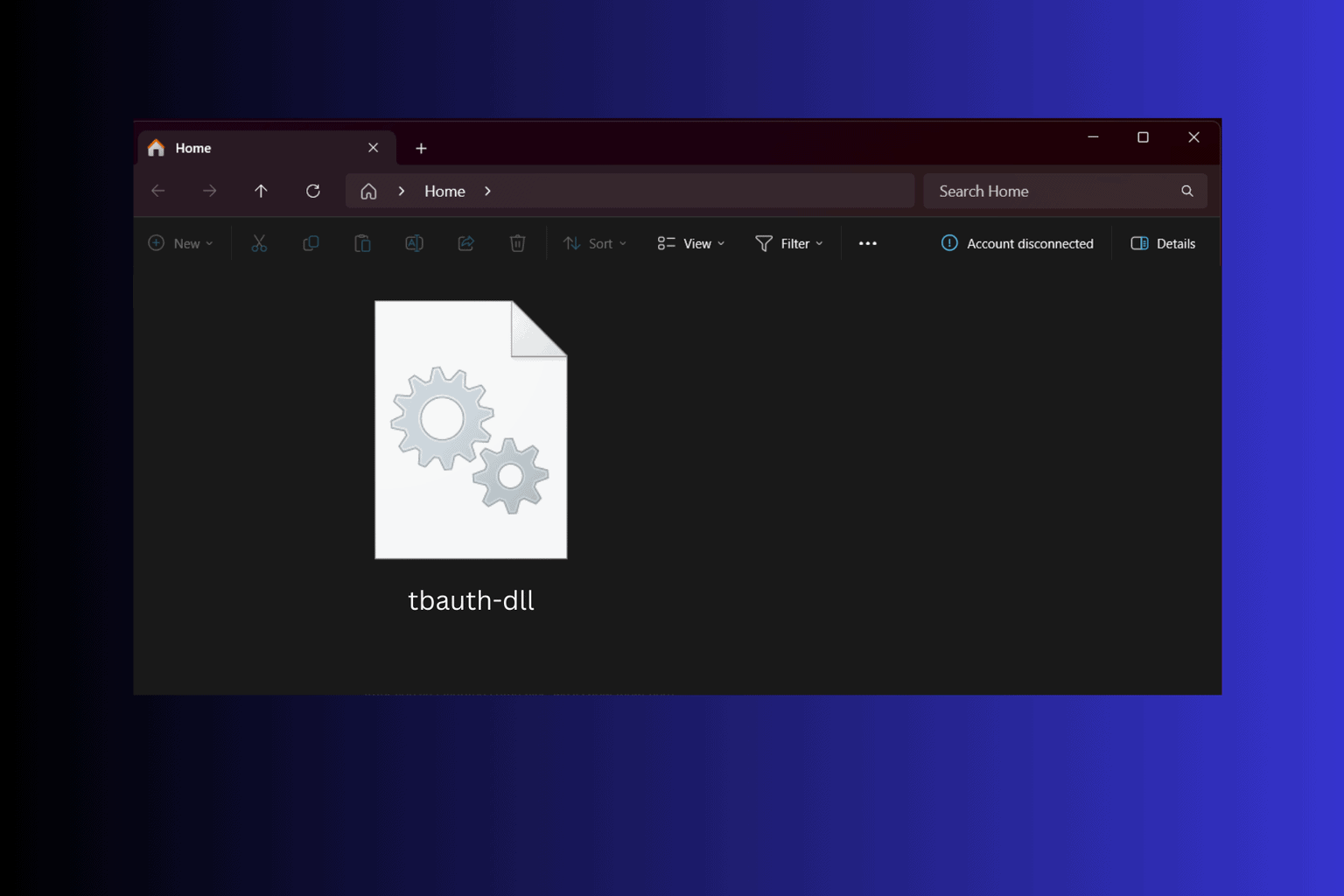
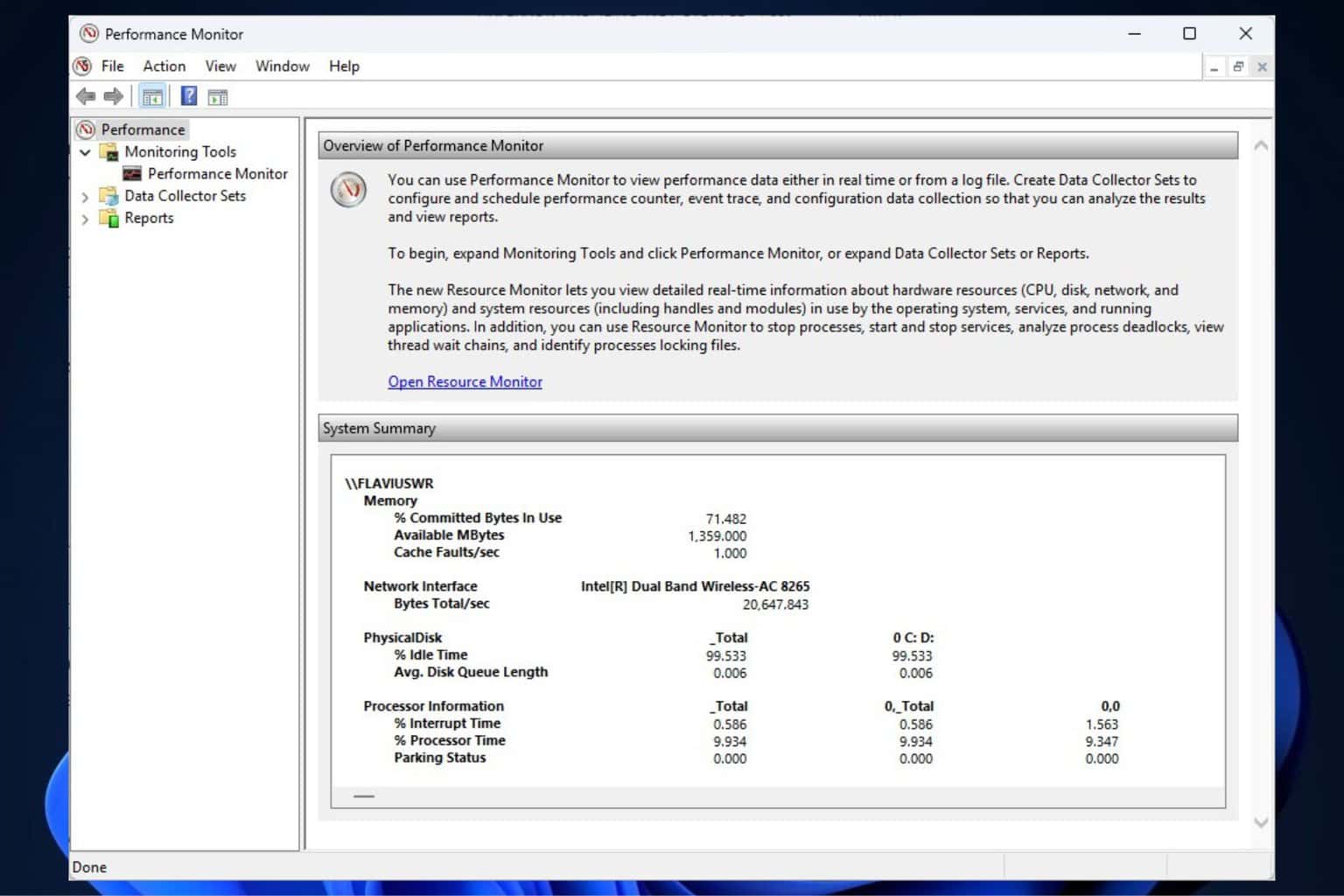
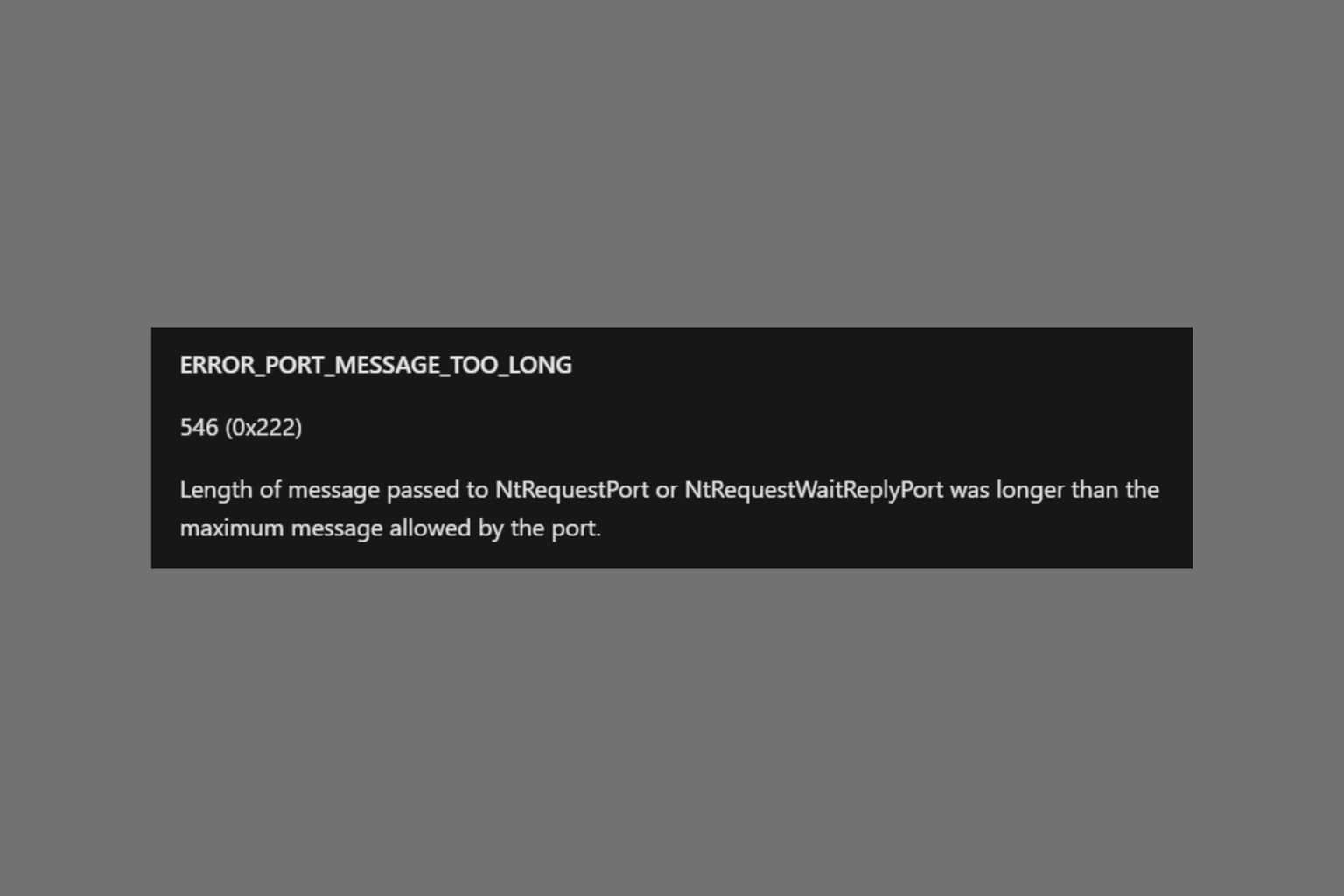
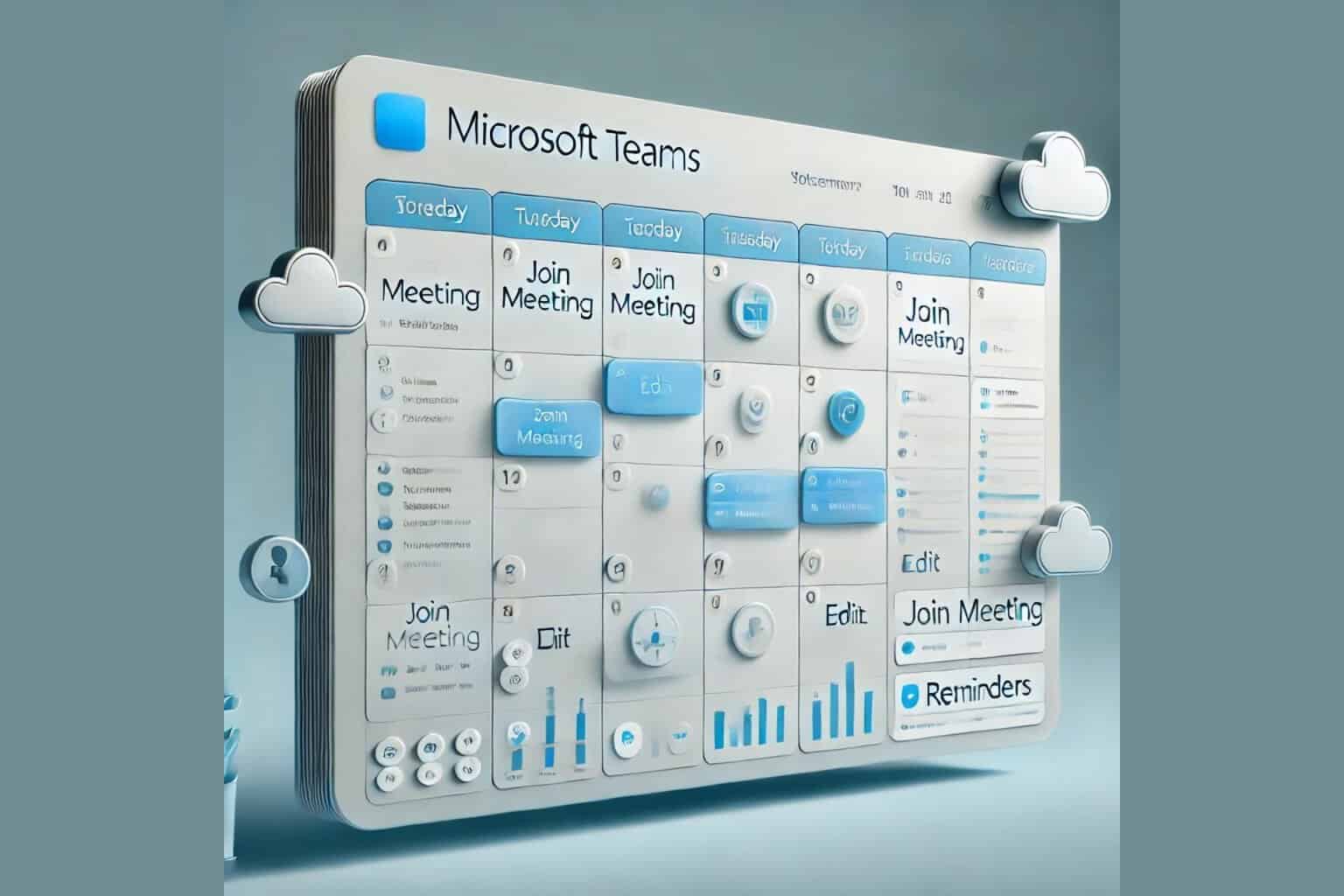
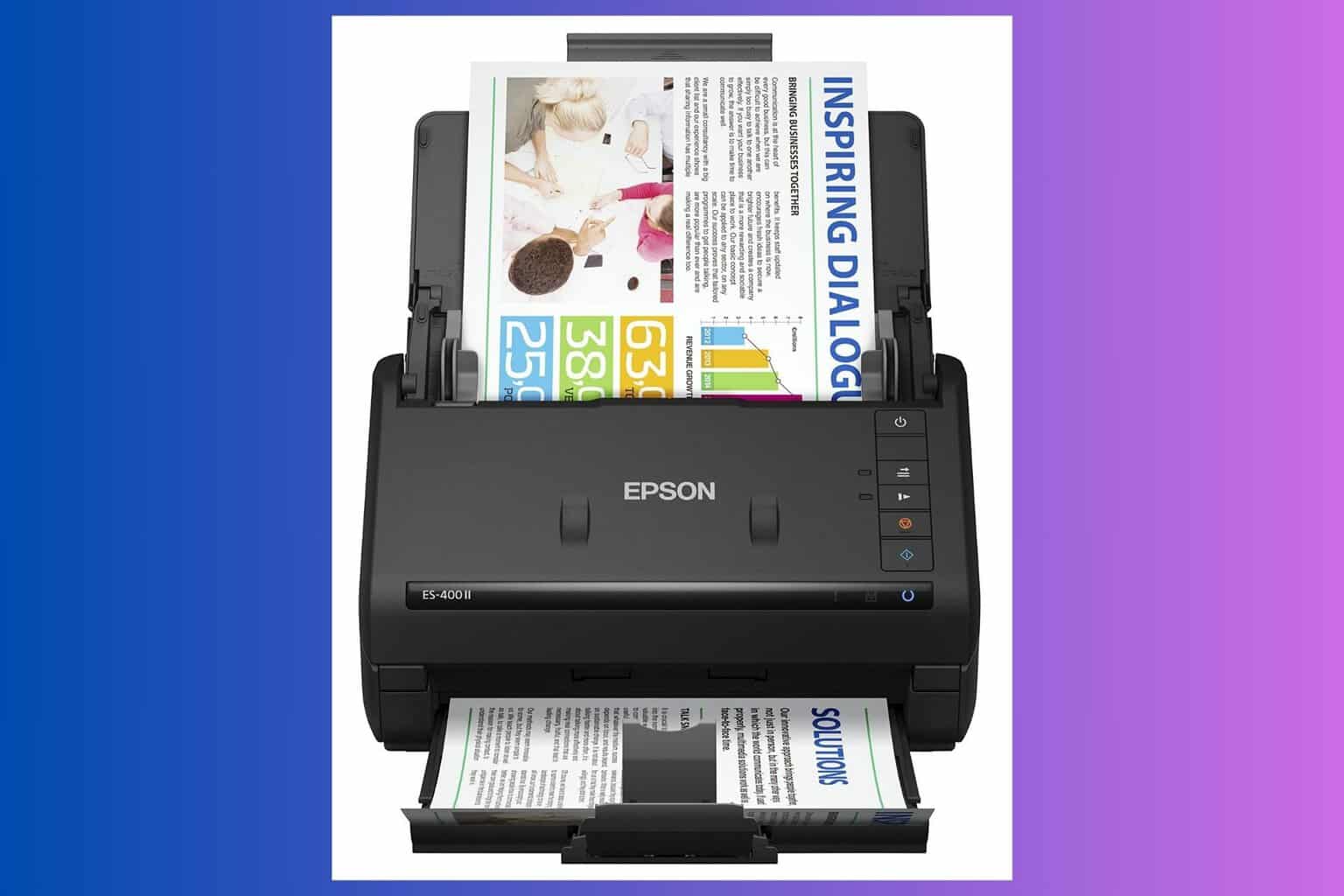
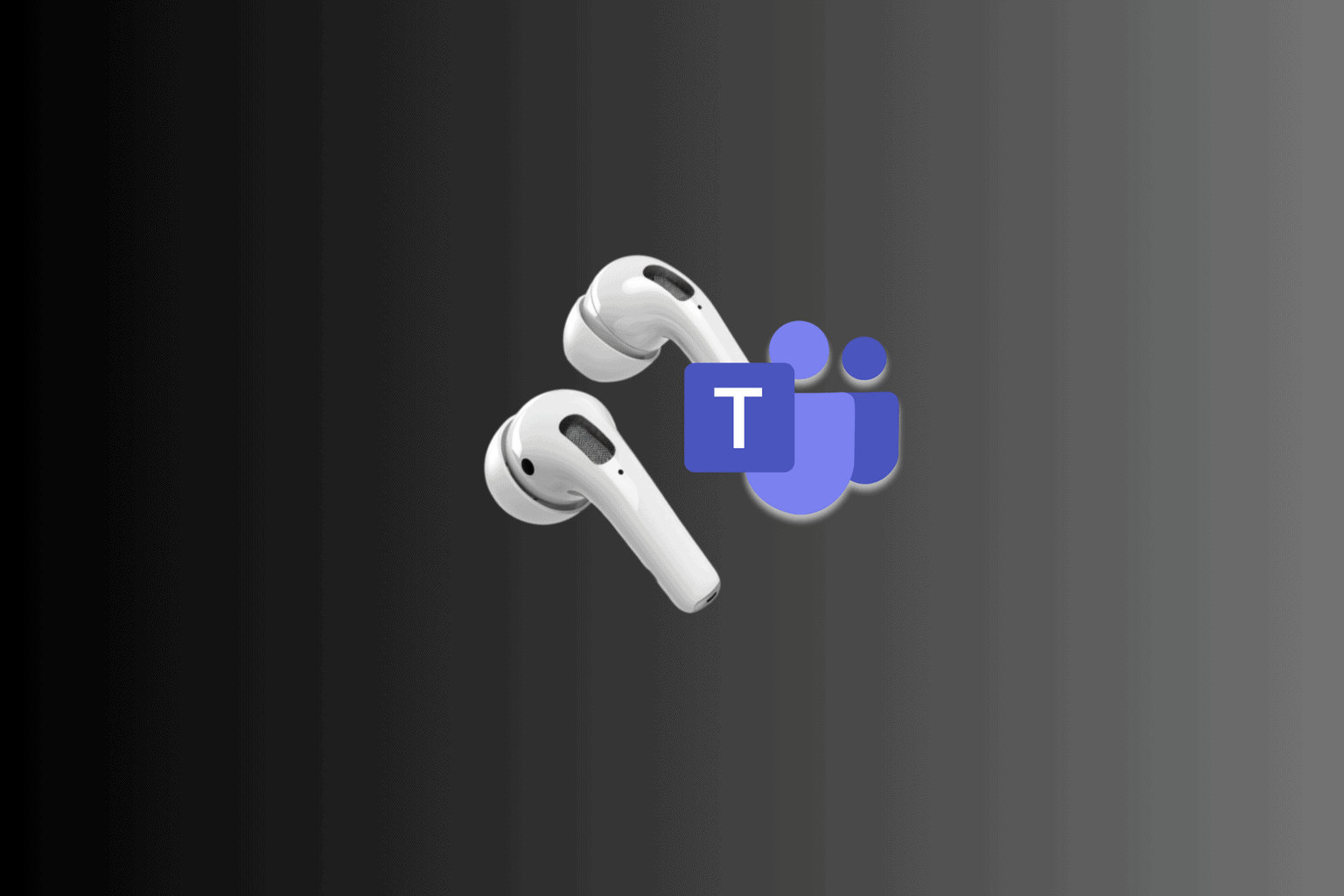
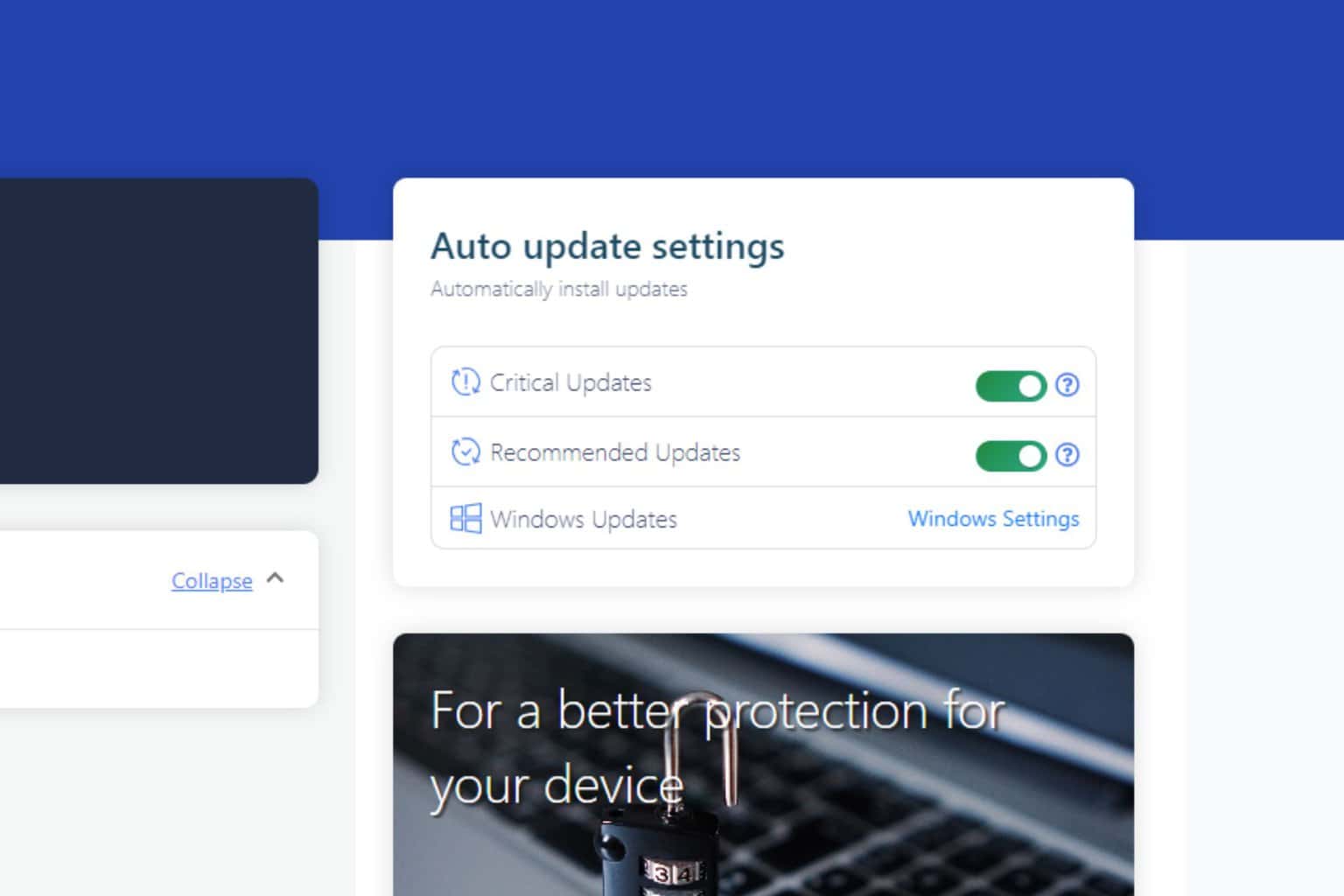
User forum
0 messages